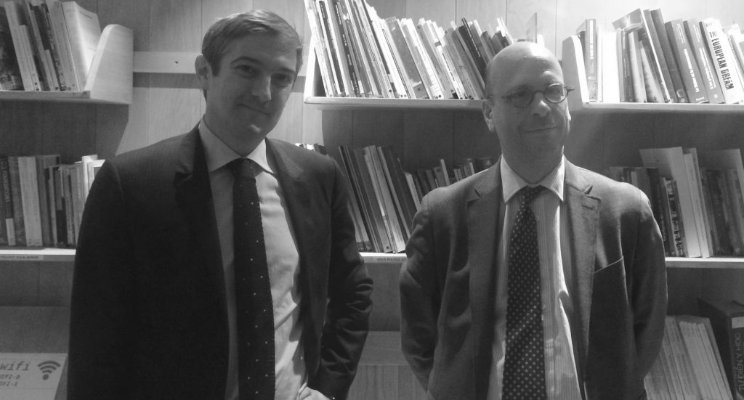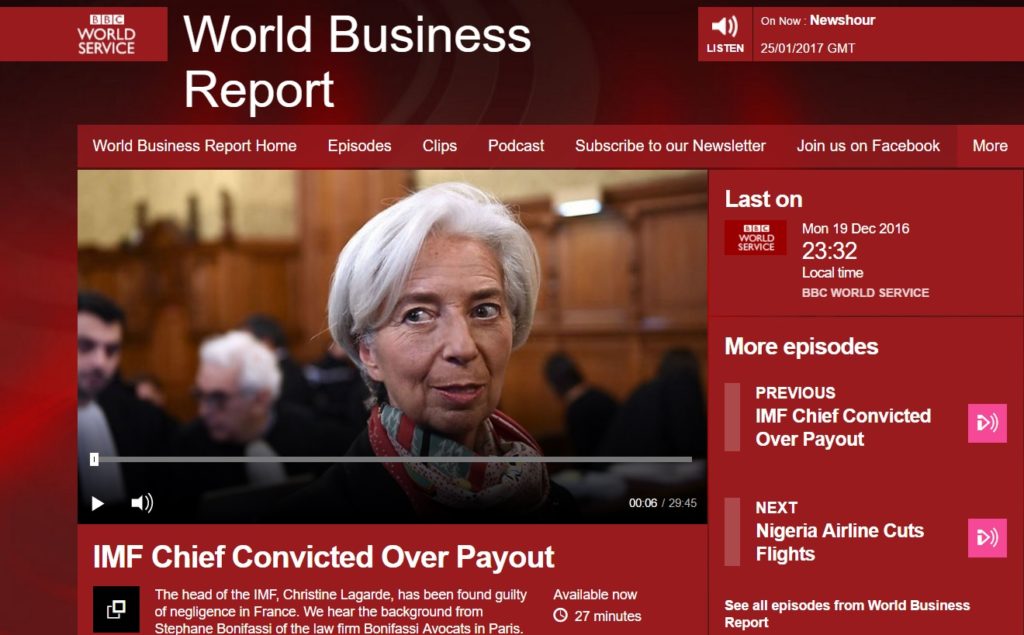Equatorial Guinea is an oil-producing former Spanish colony, located in central Africa. Most of its population lives in very harsh conditions while its president, Teodoro Obiang, lives in opulence and luxury. Holding the power since 1979, Obiang is Africa’s longest servant.
First Case Fails
In March 2007, Sherpa and other organizations filed, in France, a complaint against Obiang and several other African heads of state and their families for conspiracy and concealment of embezzled funds. Ultimately, though, the Paris Prosecutor’s office dropped the case after an investigation.
Transparency International Joins Fight
In 2008, Transparency International France and a Gabonese citizen joined Sherpa and filed a formal complaint with an investigating judge against Obiang, the president of Congo-Brazzaville Denis Sassou Nguesso and the president of Gabon Omar Bongo. In the complaint, all three were accused of concealing the embezzlement of public funds from their respective states.
A New Enemy
While proceedings concerning Congo and Gabon seem to drag on, the case concerning Equatorial Guinea went forward. It shifted from Obiang, who has immunity, to his son Teodorin Nguema Obiang (TNO). TNO is accused of buying numerous properties in France and personally benefitting from more than €200 million of public money.
In May 2012, TNO was nominated vice president of the country, giving him the opportunity to claim immunity. However, the French investigating judge did not consider this immunity. In fact, two months later, an international arrest warrant was issued against TNO, and the judge ordered that his building located 42 Avenue Foch, Paris, be seized. In response, members of Equatorial Guinea’s embassy in France occupied the building.
In March 2014, TNO was put under the status of “mis en examen,” meaning he was officially investigated.
Meanwhile, Equatorial Guinea launched a bid at the International Court of Justice to prevent the trial from moving forward, arguing TNO was protected by immunity as vice president. The country also asked for the building, located 42 Avenue Foch, to be given diplomatic immunity as housing the diplomatic mission of Equatorial Guinea in France.
On the first request, the ICJ found that the Vienna Convention does not create provisions concerning immunities for high ranking officials. That means it does not have jurisdiction to make a determination on whether TNO enjoys immunity and whether France violated such immunity. This cleared the way for France to pursue the case against TNO in French Courts. TNO’s immunity issue will therefore have to be decided by French Courts.
With regards to the diplomatic immunity of the building, the ICJ asked France to take all measures at its disposal to ensure that the premises remain secure until a decision on the merits about the immunity can be made.
Hearing with the Paris Criminal Court
TNO’s trial for “laundering of corruption, embezzlement of public funds, misuse of corporate assets and abuse of trust” was supposed to take place in front of the Paris Criminal Court on January 2, 2017. However, TNO’s lawyer Emmanuel Marsigny asked the Court to delay the trial, arguing he needed more time to prepare his client’s defense. The hearing was postponed and is now scheduled for July 19, 2017, granting more time for defense preparations and considering the pending case at ICJ. TNO was not present at the initial hearing and will probably be tried in absentia in July, if the trial is not postponed again.
Possible Outcomes
If the French criminal case goes further and TNO is found guilty, the assets seized will benefit the French Treasury. Any effort to give them back to Equatorial Guinea will be difficult. The fear is that the money returned will find its way back to the Obiangs.
Transparency International, too, has a stake in the assets, as it has been recognized as having standing in the criminal proceedings as a Civil Party. As such, it will be in a position to claim moral damages – the amounts of which will be symbolic – and some limited costs.
So, the people of Equatorial Guinea may not, after all, benefit from the investigation and seizure of the unlawfully obtained assets.
Limits of Such Proceedings Exposed
The case, like many similar cases, is creating diplomatic tensions between France and the African nation’s government. A question then becomes, are the strained relationships between countries trying to recover assets a reason why France’s pursuit of cases against its stronger allies of Congo and Gabon has not been as swift?
Another question is why is TNO the only person or entity linked to this case to be pursued by French prosecutors?
A French bank that Le Monde alleges played a key role in the transfer of Obiang’s money to France, for instance, was put under the specific status of “assisted witness” in August 2015 but was not indicted. The reasons as to why the case against this bank was dismissed are not known. Questions could also be raised concerning all those who facilitated the buying of goods and properties by Obiang in France.
If the purpose is to prevent kleptocrats from buying assets in France, shouldn’t France first target those within its borders who help the thieves along the way? Wouldn’t that be the most efficient way to deter criminals? And wouldn’t it be easier to prosecute those than the vice president of a country who doesn’t accept the jurisdiction of French Courts and who will be tried in absentia?
Mixed Results
So this case will ultimately bring mixed results.
On one hand, the case indeed shows the abuses of the Obiangs in Equatorial Guinea. Yet, the confiscated assets will likely not find their way back to Equatorial Guinea. Instead, they will benefit the French Treasury. Further, ignoring the individuals and entities who helped TNO, puts France at odds with trying to deter future crimes similar in nature.
Of course, if Equatorial Guinea were to get rid of its present rulers and try to obtain the return of its assets, it should get all the necessary help from French authorities. But until that happens, is it really worth going after the actual rulers of a country who can claim immunity rather than effectively preventing them from spending their money in France by prosecuting those who help them here?
Lessons Learned, Perhaps
The case is severing diplomatic relations between France and Equatorial Guinea for no benefit to the Equatorial Guinea people. Along the way, France seems to be lecturing the rulers of a formal colonial country, while not cleaning its own house.
Instead, France should concentrate on asset-recovery cases where the victimized country is actively claiming the return of the assets.
In the meantime, Transparency International France is aware of the paradox and will try to make some proposals to reform the legal system regarding asset restitution, but for now, there doesn’t seem to be a simple solution. And France is not the only country at odds with this issue. The US is faced with the same problem when it comes to Equatorial Guinea or Uzbekistan.


 ICC FraudNet
ICC FraudNet